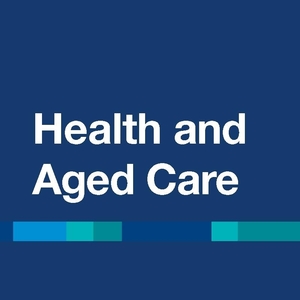From 1 September 2023, many patients living with a chronic condition will be able to buy 2 months’ worth (60-days’) of common PBS-listed medicines for the price of a single prescription, rather than the current 1 month’s supply.
This will apply to more than 300 common medicines listed on the PBS and will be implemented in three tranches over 12 months. See PDF link here for all the medicines included
When fully implemented on 1 September 2024, the changes will mean at least 6 million Australians who need regular medicines for chronic conditions will reduce their medicine costs, some by as much as half.
The list of PBS medicines recommended by the independent Pharmaceutical Benefits Advisory Committee (PBAC) as suitable includes some medicines for chronic conditions such as for:
Asthma
breast cancer
cardiovascular disease
chronic obstructive pulmonary disease (COPD)
constipation
chronic renal failure
Crohn’s disease
depression
diabetes
endometriosis
endometrial cancer
epilepsy
glaucoma and dry eyes
gout
heart failure
high cholesterol
hormonal replacement and modulation therapy
hypertension
osteoporosis
Parkinson disease
ulcerative colitis.
Benefits and cost savings
When a PBS medicine can be prescribed for 60 days patients can save:
up to $180 a year, per medicine for general patients
up to $43.80 a year, per medicine for concession card holders.


@BarginGrabber: "Genetics are taught well enough in medical school."
And you make this assertion based on what?
Name me one medical school in Australia that teaches about PRS. Most teach the basics of Mendelian genetics and not much more.
"You're talking about a very small minority of the population that can't prevent these conditions due to genetic factors and other factors."
No I am not. You're classic and outdated view is based on monogenic disease only, a very limited view of the total role of genetics in these conditions.
"Preventable" doesn't imply that all is down to lifestyle factors, indeed it reinforces that for many they will get better outcomes with life-long medication use, alongside modifying lifestyle factors. There are many that make lifestyle modifications and still end up on chronic medications - the course of their disease is not changed or seldom even delayed after these changes. Broad estimtate figures from WHO & CDC regarding "prevention" do not indicate it is all lifestyle factors and do not negate polygenic risk or indeed the need for chronic medication in prevention.
"Ridiculous statement and gives no accountability to the individual."
Rubbish. The assertion that it is all down to the individual, blaming them for their disease is as outdated as your limited understanding of the influence of complex genetics. Your simplistic pathophysiological analogy invoking CTE, that all lifestyle factors are somehow an assault by choice of the patient, completely neglect to take into account the polygenic factors, shown to be at play (please actually read the link I posted - a relatively current scientific statement from the American Heart Association in the high impact factor journal Circlation regarding PRS).
Yes lifestyle risk factors are a part, but not the whole of the picture. I agree with @try2bhelpful there needs to be a balanced view of this based on current evidence. Strident clinicians, blaming patients for conditions that are not as simple as their basic medical school genetics understanding is not helpful to those patients and an old, tired model that often actually discourages patients from acting on their condition or further engaging with medical advice.